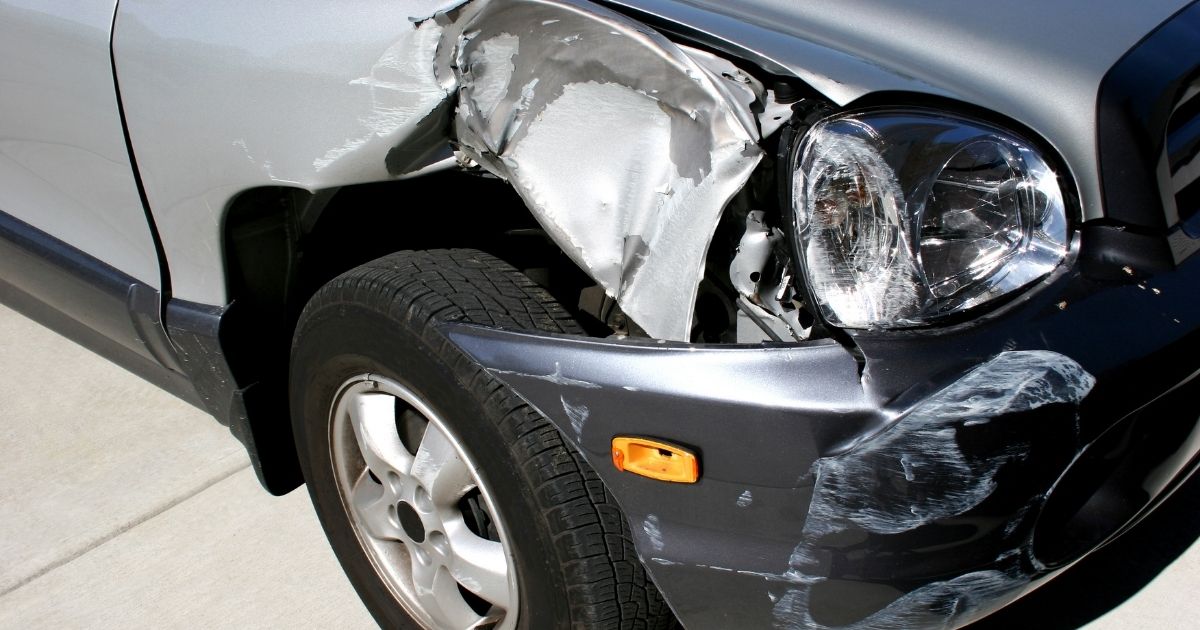When you decide on a new car, you generally have the option to lease or finance it, and there are positives to each. However, if you get into a car accident, it does not matter whether you leased your vehicle or owned it; both scenarios are stressful and expensive. The following discusses the small differences between leasing and owning a car in a car accident situation and the steps you should take to navigate the process smoothly.
In some ways, leasing and owning a car are similar. Both are paid monthly (unless you buy the car outright), you follow the same rules of the road, and when you are involved in a crash, you generally follow the same procedures.
There are major differences, however; a lease car is essentially a long-term rental with many factors in your contract, such as carrying certain insurance and obeying mileage limits. Furthermore, you must pay major penalties when you return the vehicle and it is damaged or has been in an accident. This means that at the end of your lease, you must ensure the car returns the same way you received it, or you will be paying expensive penalties.
When you are involved in an accident in a leased car, you usually follow the same procedures as you would if you owned the vehicle, other than contacting your leasing company.
Be Safe
Immediately after an accident, prioritize the safety of all individuals involved. Check for injuries and call emergency services if necessary. If the accident is minor and there are no injuries, move the vehicles to a safe location, such as the shoulder of the road, to avoid further risk.
Gather Information
Accurate information is crucial for both insurance claims and the leasing process. Exchange names, contact information, and insurance details with the other party. Additionally, note the make, model, and license plate numbers of all vehicles. If there are witnesses, ask for their contact information as well.
Document the Scene
Take photographs of the accident scene, including the vehicles, damage, and any relevant road signs or signals. This documentation can serve as valuable evidence during the insurance claim process and any potential disputes. Be thorough in capturing the extent of the damage from multiple angles.
Contact the Police
In many jurisdictions, law enforcement must be notified of accidents that result in injuries or significant property damage. Regardless of the severity, it is advisable to contact the police and file a report. Obtaining a copy of the police report can be essential when dealing with insurance companies.
Notify Your Lease Company
Once safety is ensured and necessary information is gathered, promptly inform your leasing company about the accident. Check your lease agreement for specific instructions on reporting accidents. Leasing companies typically require timely notification to initiate the claims process.
Review Your Insurance Policy
Review your insurance policy and understand the coverage for leased vehicles. Leased cars often require comprehensive and collision coverage. Contact your insurance provider to report the accident and discuss the next steps. Additionally, check if the leasing company has specific insurance requirements.
Repair Your Vehicle
Review your insurance policy and understand the coverage provided for leased vehicles. Leased cars often require comprehensive and collision coverage. Contact your insurance provider to report the accident and discuss the next steps. Additionally, check if the leasing company has specific insurance requirements.
Insurance Claims Process
Work closely with your insurance provider to navigate the claims process. Provide them with all the necessary information, including the police report, photos, and accident details. If the other party is at fault and you’re not responsible for the damage, their insurance may cover the costs.
Lease Gap Insurance
Lease gap insurance is designed to cover the difference between the leased vehicle’s actual cash value and the remaining lease balance in the event of a total loss. Check your lease agreement to determine if you have gap insurance or if you need to purchase it separately.
Consider Legal Help
If complications arise during the insurance claim process or if there are disputes regarding liability or compensation, consider seeking legal advice. A lawyer experienced in car accidents and leasing matters can help protect your rights and navigate any legal challenges that may arise.
Our Middletown Car Accident Lawyers at Mikita & Roccanova Advocate for Accident Victims Injured in Leased Vehicles
Whether you are injured in a rental, leased, or owned vehicle, you likely want to be fully compensated for your losses. Consider contacting our Middletown car accident lawyers at Mikita & Roccanova for help. We have years of experience in accident cases. Call us today at 732-705-3363 or fill out our online form for a free consultation. With our offices located in Hazlet and Highland Park, New Jersey, we serve clients in Ocean County, Sussex County, Neptune, Middlesex County, and Pennsylvania.


